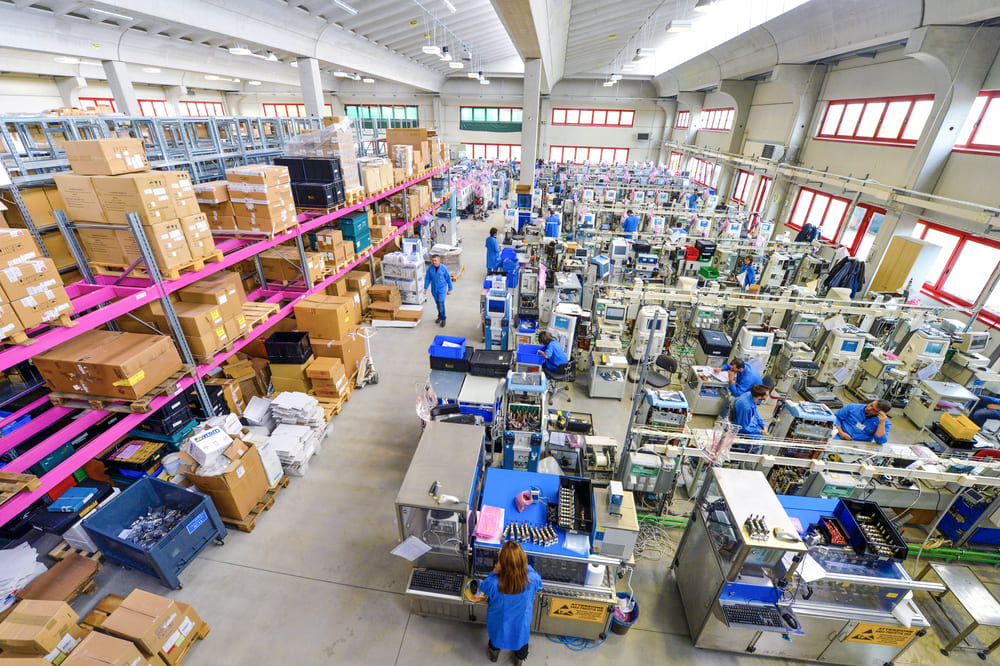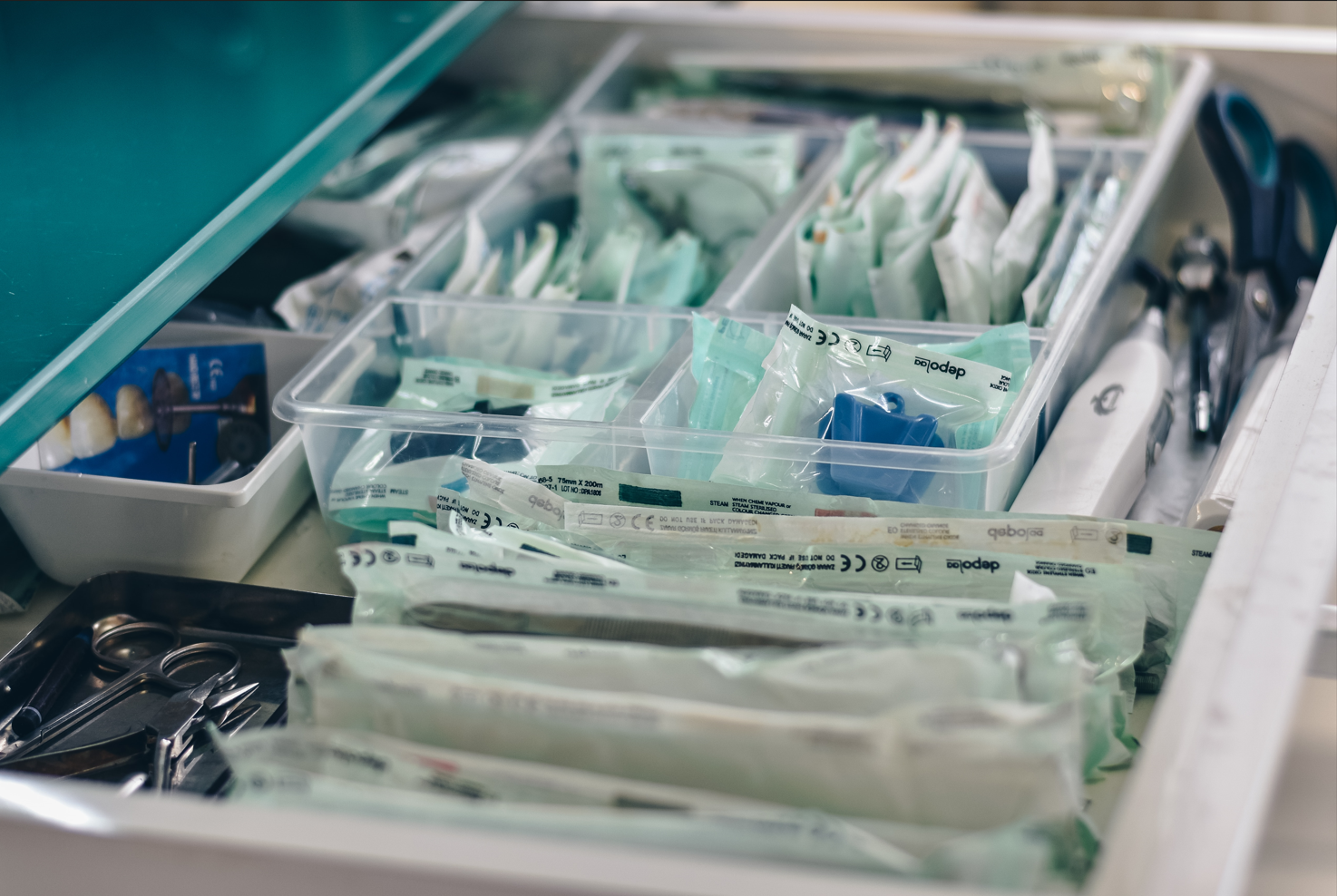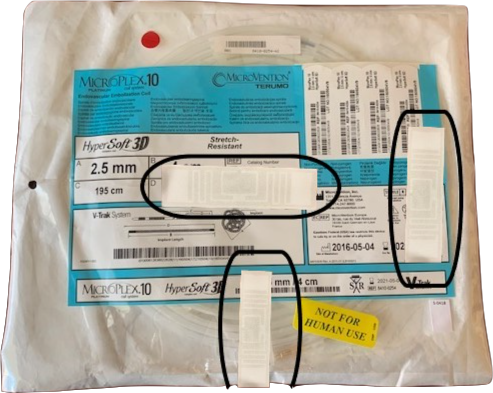RFID helps run and improve complex supply chain management and critical inventory by enabling end-to-end tracking and real-time visibility. Supply chains are highly interrelated and interdependent. RFID technology helps synchronize and transform this correlation, improve supply chain efficiency, and create a smart supply chain. In the frontier field of medicine, RFID is also promoting the upgrade of the pharmaceutical digital supply chain.
Medical and health institutions are promoting RFID medical supplies management
The pharmaceutical supply chain has always faced numerous challenges: How to ensure visibility into the pharmaceutical process? How to ensure pharmaceutical quality and safety? How to efficiently coordinate supply chain logistics management? Many medical and health institutions are turning their attention to RFID technology.
Supply chains face significant challenges, such as ensuring appropriate visibility, ensuring quality and safety, and coordinating efficient operations. In addressing these challenges, RFID technology helps improve efficiency, safety and sustainability. RFID provides supply chain field-proven solutions that enable end-to-end pharmaceutical visibility, faster operations and data-driven smart supply chain logistics.
Medical supplies management not only includes inventory management, billing management and logistics management of traditional supply chain management, but also has higher requirements for quality and safety in production and transportation. Medical and health institutions such as hospitals operate extremely complex and critical supply chains, and RFID medical supplies management can automate and improve operational efficiency.
Each RFID tag has a separate codable ID number, which can implement traceability in compliance with pharmaceutical UDI, authenticate products, and effectively control the management and distribution of pharmaceutical supplies and medical consumables, ensuring the safety of medicines and patients. Further protection. Hospitals, on the other hand, improve operational efficiency by automating replenishment, tracking deliveries, optimizing just-in-time inventory through real and real-time data analytics, and closely monitoring consignment inventory and controlled substances.
Advantages of RFID compared to barcode, QR code and other paper label tracking:
Compared with traditional paper label technology, RFID has three main advantages:
1. Batch non-contact scanning and reading can be realized: involving two key features of the medical frontier: a more efficient and safer medical supply chain.
2. Can realize the connection between information storage and digital systems: The construction of digital back-end management has long been mature, and the addition of RFID technology has successfully integrated the entire supply chain logistics management process into the digital back-end management of medical institutions.
3. Ability to adapt to more stringent usage environments and hygiene requirements: Medical supplies and consumables need to undergo a variety of special sanitary and disinfection environments such as sterilization, autoclaving, X-rays, gamma rays, etc. Labels attached to medical supplies must have It is waterproof, resistant to chemical corrosion, and resistant to high temperature and pressure, which traditional paper labels cannot achieve. At the same time, strict medical and health standards also impose requirements on the hygienic performance of the label itself. Professionally designed RFID electronic tags can be used in harsh medical environments and standards, further ensuring the safety and reliability of medical supplies.
Post time: Sep-22-2023




